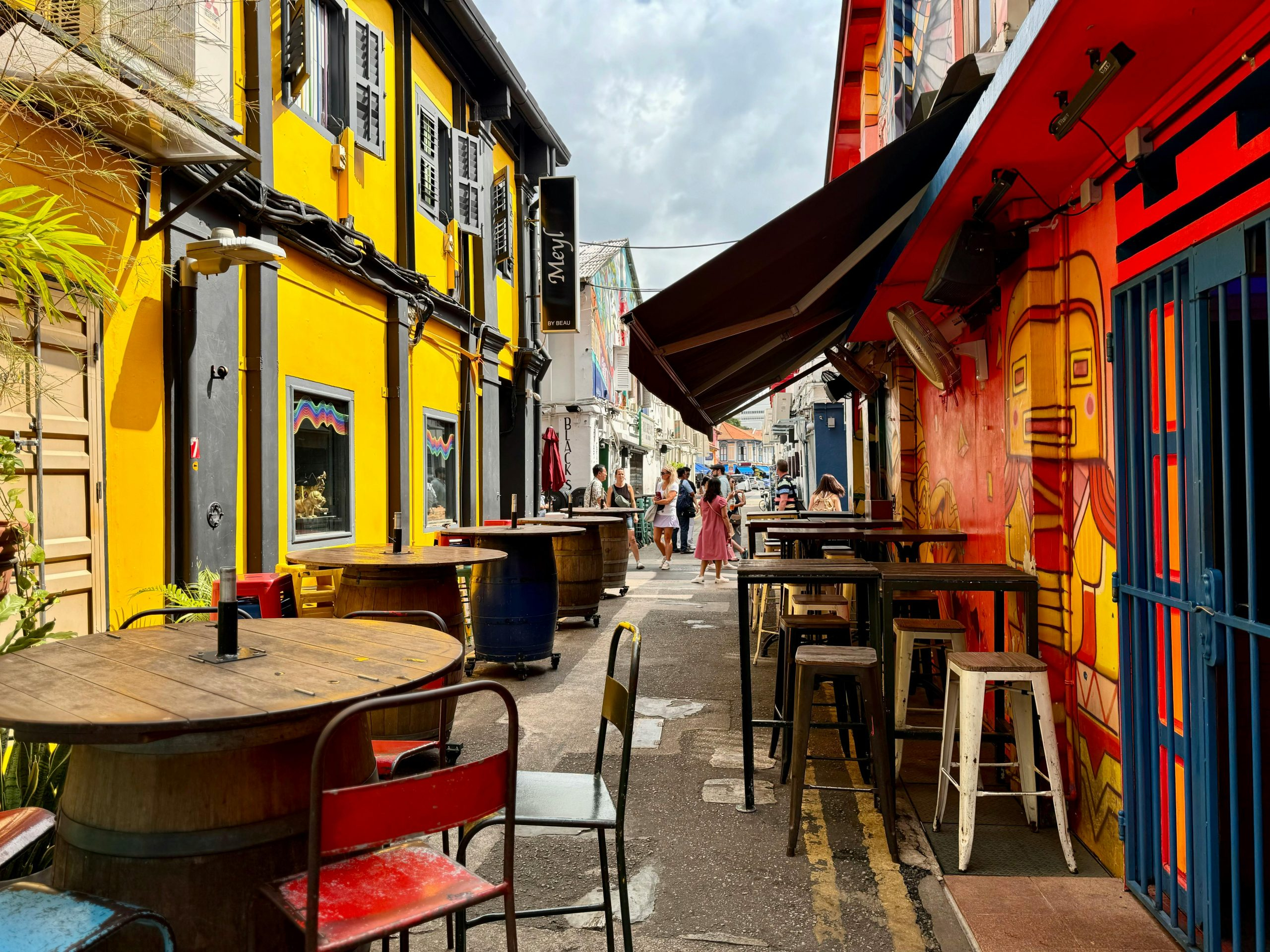Vacation Rental Regulations Changing in Popular Cities
Vacation rental regulations are constantly changing, especially in popular cities where short-term rentals have become increasingly popular. These changes are often met with backlash from both property owners and local residents, as they can greatly impact the rental market and tourism industry. In recent years, several cities have implemented stricter regulations on vacation rentals, causing controversy and debate. Here, we will take a closer look at the current state of vacation rental regulations in popular cities and how they are evolving.
The Rise of Vacation Rentals
In the past decade, vacation rentals have emerged as a popular alternative to traditional hotels and resorts. Websites like Airbnb, VRBO, and HomeAway have made it easier than ever for property owners to rent out their homes, apartments, and spare rooms to travelers. These platforms offer a more intimate and unique experience for tourists, often at a lower cost than hotels. As a result, the vacation rental industry has seen tremendous growth, particularly in popular cities and tourist destinations.
The Impact on Local Communities
While vacation rentals may bring in revenue for property owners and boost tourism, they also come with their fair share of challenges for local communities. Some argue that the influx of short-term rentals can lead to overcrowding, noise complaints, and other disturbances for permanent residents. In popular cities like New York and San Francisco, where housing is already scarce and expensive, vacation rentals can exacerbate the housing crisis and drive up rental prices.
The Need for Regulation
In response to these issues, many cities have implemented regulations on vacation rentals to maintain a balance between the needs of property owners and local residents. These regulations typically include limits on the number of days a property can be rented out, registration and licensing requirements, and taxes on rental income. Some cities have even banned vacation rentals in certain neighborhoods or types of properties altogether.
The Changing Landscape of Regulation
As the popularity of vacation rentals continues to grow, so does the need for effective regulation. While some cities have maintained strict regulations, others have loosened restrictions or even implemented new regulations to accommodate the growing demand. For example, cities like Nashville and Portland have recently lifted bans on vacation rentals, while Paris and Amsterdam have implemented stricter regulations to combat the negative effects on local communities.
The Future of Vacation Rental Regulations
The debate over vacation rental regulations is far from over, and it is clear that cities will continue to evolve their policies to find a balance that works for all parties involved. Technology and data will also play a significant role in shaping these regulations, as cities can now track and monitor the impact of vacation rentals more accurately. It is essential for property owners, local residents, and city officials to continue working together to find solutions that benefit everyone.
In Conclusion
Vacation rental regulations are constantly changing, and it is important for property owners and travelers to stay informed and adapt to these changes. Whether you are a property owner looking to rent out your space or a traveler looking for unique accommodation, it is crucial to understand the regulations in popular cities and follow them to avoid any legal issues. By working together, we can ensure that the vacation rental industry continues to thrive while also preserving the integrity of local communities.










